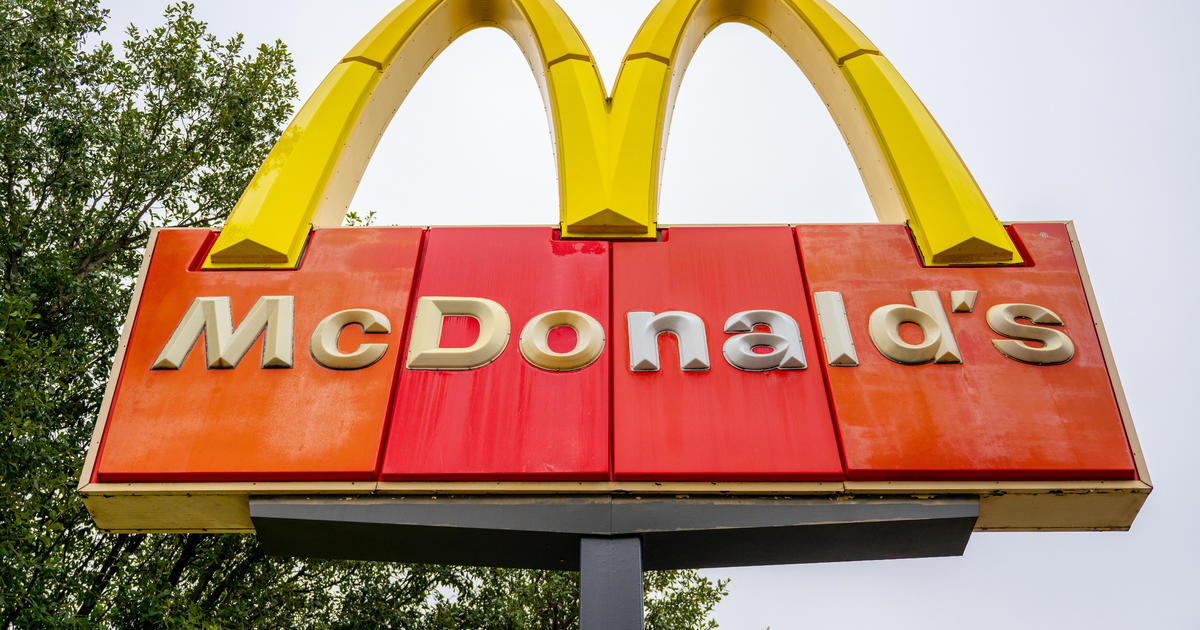Starting Monday, most California fast-food workers will earn at least $20 an hour — the highest minimum wage across the U.S. restaurant industry. Yet the pay hike is sparking furious debate, with some restaurant owners warning of job losses and higher prices for customers, while labor advocates tout the benefits of higher wages.
The new law, signed by Governor Gavin Newsom last fall, takes effect on April 1, requiring that fast-food chains with at least 60 locations nationwide pay workers at least $20 an hour. The means the state’s 553,000 fast-food workers will earn more than the state’s $16 minimum wage for all other industries.
The new baseline wage comes as the fast-food industry is seeing booming earnings, with big chains like McDonald’s enjoying strong revenue growth and wider profit margins in recent years. That’s partly due to menu prices that have far outpaced inflation, with fast-food costs surging 47% over the past decade, compared with an average of 29% for all other prices, according to a new analysis from the Roosevelt Institute, a nonpartisan think tank.



It’s widely reported that Panera does not qualify as a bakery under this law.
https://apnews.com/article/california-governor-newsom-panera-bread-fast-food-faca8695e96b0f3224da2ba6d0657e3b
This is less clear cut than I thought, but I think there are arguments to both sides as to whether Panera Bread would be exempt from this law.
No, it is not “less clear cut” than you thought and there is not an argument on both sides.
On one side you have the guy who actually owns the Paneras in question, saying they would not even be attempting to use this exemption because it does not apply to them.
On the other side, you have the Newsom administration and the California labor agency BOTH saying that Panera could not benefit from this exemption because it does not apply to them.
That’s the only “side”.
This is to whom the “bakery exception” applies:
That third bullet point disqualifies Panera from the exemption, and moreover it seems to be specifically targeted to disqualify a chain faux-bakery like Panera from the exemption. It has been there from the beginning.
The only “side” that is spreading the argument that this was a corrupt political favor is the right wing disinformation campaign using it to attack Newsom specifically and pro-labor policies in general, and those in the media who failed to do basic dilligence to discredit the complete nonsense that this story was.
Even on places that seem as progressive-leaning as lemmy.world, we dance to their tunes.
Chris Micheli, a California lobbyist and adjunct professor of law at McGeorge School of Law, said Flynn likely would have had a good case had he chose to challenge the Newsom administration’s interpretation of the law. The law defines what a fast-food restaurant is, and says it is not an establishment that “operates a bakery that produces for sale on the establishment’s premises bread.”
The law goes on to say the exemption only applies “where the establishment produces for sale bread as a stand-alone menu item, and does not apply if the bread is available for sale solely as part of another menu item.”
“On its face it appears that it would be applicable, however a court might have to determine what is included in the word ‘produce’ in order for the exemption to apply,” Micheli said.
I mean, you can say a cow is a barnacle but it doesn’t make it so. You could probably take that to court, too, but it doesn’ tmean the claim has merit or will go anywhere.
Panera does not make the dough on site. The clause appears to be applicable on its face because IT IS.
Righties, being very unpopular when their ideas are presented honestly, are masters of propaganda.